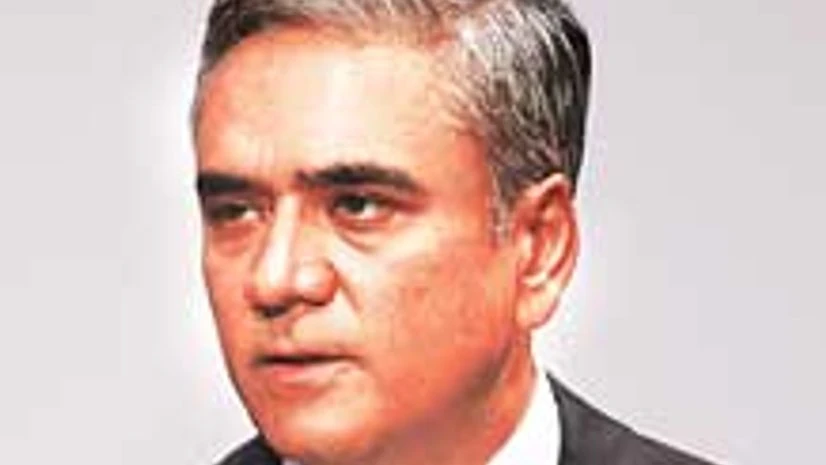Outgoing Deutsche Bank co-CEO Anshu Jain may not be leaving because of shareholder pressure but also because of regulatory dissatisfaction of his handling of various issues at the bank, The New York Times reported Tuesday.
Quoting unnamed sources, the newspaper said the German banking and finance regulator BaFin pushed for Jain and his co-CEO Jürgen Fitschen to step down because of unhappiness over the way they had handled a probe into alleged manipulation of benchmark interest rates by Deutsche Bank employees.
Both US and UK banking regulators had complained about the way the bank had dealt with the problem, saying it had been late in providing information about the manipulation and had not kept proper records. The alleged violations took place at a time when Jain was head of the investment banking division.
More From This Section
The recent investigation into Deutsche Bank’s manipulation of interest rates also affected BaFin’s confidence in the bank’s leadership, two people briefed on its actions told the NYT. The regulator is said to have been “frustrated by Deutsche Bank’s poor record-keeping, which made it harder for the authorities to look for signs of misconduct”, the newspaper said.
In April, Deutsche Bank agreed to pay $2.5 billion in penalties to US and UK authorities to settle accusations that its employees conspired with other banks to manipulate benchmark rates. That amount was more than what other accused banks like UBS and Barclays paid, triggering shareholder anger. Apart from alleging that Jain and Jurgen had handled the negotiations badly, shareholders were also concerned about regulators’ descriptions of Deutsche Bank’s behaviour.
Deutsche Bank has recently come under a money laundering probe, which estimates that as much as $6 billion dollars may have been routed illegally, mainly by its Russian clients.
The US Justice Department said that the bank committed “numerous unintentional but significant mistakes in the preservation, collection, and production of documents, audio, and data,” including the destruction of thousands of hours of audio recordings.
In a separate incident, the bank declined to share a BaFin review of its interest rate misconduct with the Financial Conduct Authority of Britain during a regulatory action on the London Interbank Offered Rate, or Libor. But the British regulator’s report said that “The BaFin gave no indication that it in any way disapproved of or restricted disclosure of the report to the Authority by Deutsche Bank.”

)
